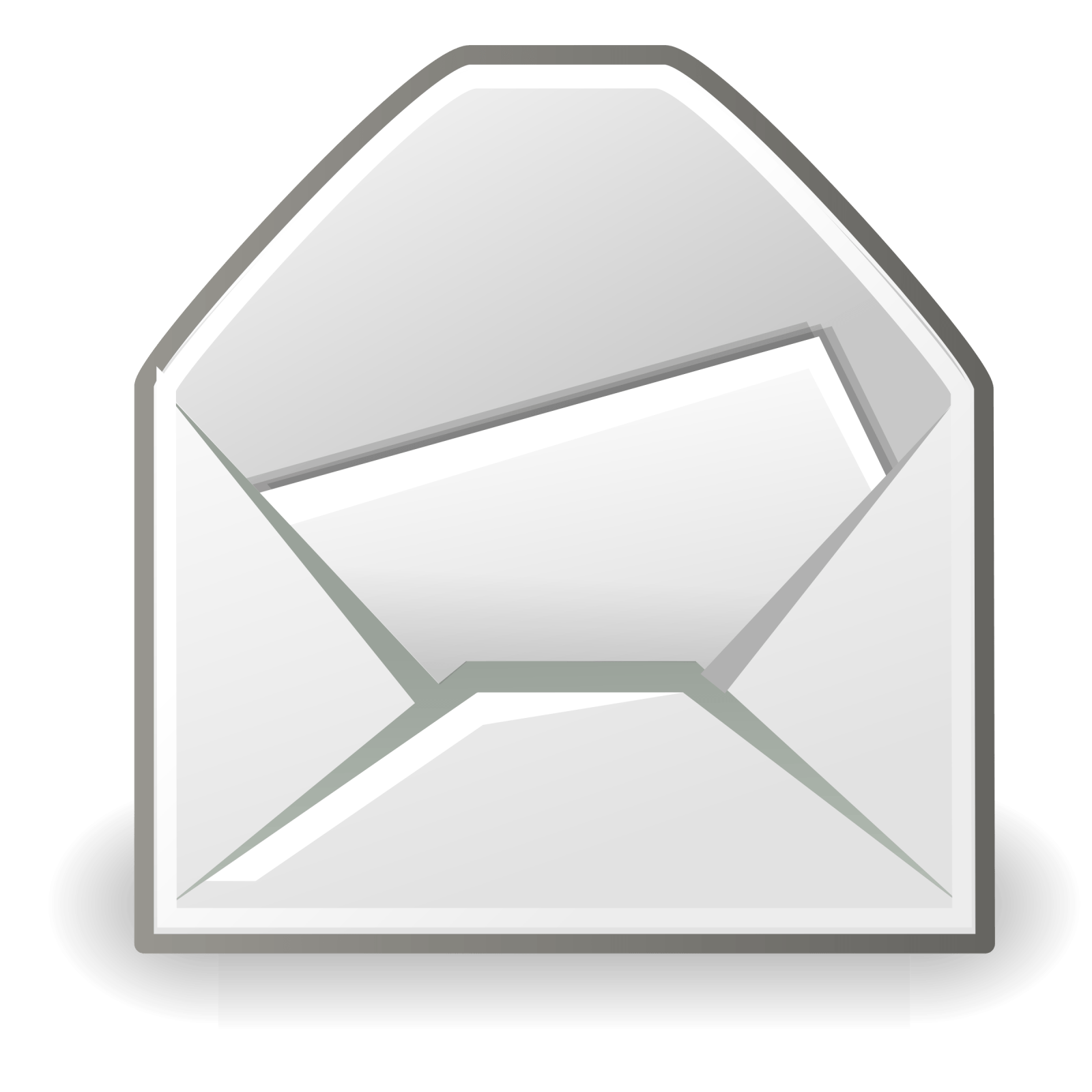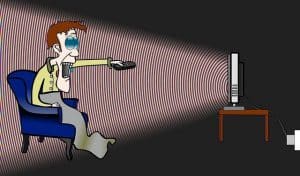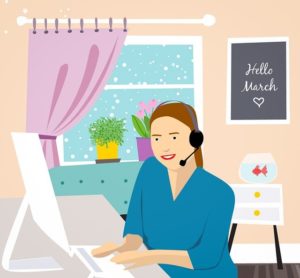More and more employers require a cover letter as part of a standard job application. When applying for jobs, the cover letter can be an odious additional piece of work, particularly because it takes longer to edit and re-write than a CV or resume. This is because each cover letter has to be tailored precisely to the employer you want to work for. The CV on the other hand can be tweaked, cut and pasted from. There is always a skeleton CV; there is rarely a skeleton cover letter. What needs to be emphasised is that the cover letter is just as important as the CV. Most people tend to see a cover letter as exactly that; a letter. They forget the formality and relevance required. As a result, many jobseekers fail in composing a good one, and usually throw one together in a few minutes hoping for the best. The tips below hope to inspire jobseekers to reconsider the ‘get as many applications as possible out there’ mentality in favour of a ‘choose the jobs I would really love or excel at and put together a well-crafted thoughtful application’ one. Here are some very common mistakes made by jobseekers regarding a cover letter:
1. It was rushed
There is nothing more cringeworthy than an application that is noticeably rushed and has spelling or grammar mistakes. Don’t let this happen to you; the employer won’t see your relevant qualifications through the muddiness of ‘they’re’ instead of ‘their’ or other common errors.
Next Time
It’s amazing how a simple spelling mistake can make the difference between the applicants who are and aren’t interviewed. Mistakes in grammar are inexcusable, particularly when word processors always have a spell-check. Proofread your cover letter carefully, both for style and presentation. Avoid amateur inclusions such as exclamation marks or incorrect usage of upper and lower-case. If in doubt, research style tips online. It really is worth it. Once you’ve written one solid cover letter free of ‘blips’ it will be much easier next time.
2. You Repeated Your Resume
This is probably the most common of all cover letter mistakes. Many people don’t really know what the purpose of a cover letter is. Watch this space for the March blog which will discuss in more detail the difference between a resume and cover letter. A cover letter is supposed to complement your resume — not reiterate it. It’s where you discuss the qualifications laid out in your resume in order to highlight what skills you can offer the employer. Note: mainly people explain what they learnt in a resume. If this is you, cut this stuff out or reduce it greatly. A resume is supposed to be a series of bullet-points and tables showing your career/experience/education history. It’s the cover letter which is supposed to develop these events into an analysis of who you are, how you’ve developed, and so on.
Next Time
A job application is supposed to be a representation of you as a whole, well-rounded potential employee — so between your various application materials, you should aim to convey a variety of pertinent information. Think of your resume as something like an historical timeline, much like you might see in a history book. It should be very cut-and-dry. Think of the cover letter as a mini auto-biography (without mush or irrelevant personal information). Once you think of the two components of your application in these terms, it’s much easier to see what information belongs where.
3. You Used a Template
Employers are not stupid. They know immediately when they are looking at a template cover letter as the wording is vague and general. It is a necessary requirement to tailor your application for every prospective employer. During the long, tedious process of economic recovery, employers have a vast range of applicants to choose from. You can’t cut corners or you’re essentially sending out void applications all over the place. It is better to spend two hours on one application than to send out five rushed ones. The five rushed ones actually count as zero, because employers will never hire someone who sends in a shabby application, simple as that.
Next Time
Write a cover letter that makes it sound as if you’re interested in that particular company. Research the company, check out their website, get to know who they are and how they do business. Incorporate your knowledge about their company into the letter alongside how you would be a valuable addition to them. Don’t just say dull repetitive phrases such as ‘I’m hard-working’ or ‘I’m trustworthy and reliable’. These are phrases that are really over-used in job applications and don’t really mean anything. Be specific about what you can do. This is difficult if you’re one of those people who applies for any and every job going. In that case, I advise you to reconsider what you’re doing. You’re not going to get a job just because you want one. You have to be confident that you’re actually right for the job. During my own jobseeking experience I fell into this trap. All it leads to is you filling out endless applications so that you feel productive, and then after a month or two of not a single interview feeling completely dejected. Apply for things in your field, things that genuinely interest you, and this passion will come through naturally in your cover letter and entire application. Employers can spot people who are just desperate for any job a mile off, and no employer wants to hire someone who is desperate, because they won’t stay if something else is offered to them.
4. You Highlighted Your Weaknesses
If you don’t meet the essential requirements of the job, don’t apply for it. Don’t. Ever. Not even if you meet eight out of nine essential requirements. It’s a complete waste of time, take my advice. More often than not, your cover letter will be the place you will be honest and say ‘even though I don’t meet all of the essential requirements…’ and this is a fatal mistake. Essential requirements cannot be negotiated so just move on to a different application where you do meet all of the requirements. Also, leave the personality analysis out in a cover letter, the employer doesn’t really care. Phrases like ‘I can be quite shy and reserved’ or ‘I am friendly and approachable’ or ‘I have difficulty with a,b or c’ are to be avoided.
Next Time
Be positive but also objective, a balance which can be difficult to obtain. Don’t rant on and on about how exciting all of your experiences were. Only mention relevant things. If you did a guest spot on a radio show, mentioning this in an application to be an accountant is irrelevant. If you can’t bear not to highlight things you are proud of, you must endeavour to bring it back persuasively to how it qualifies you for the position you’re applying for. It’s generally better not to include it at all. It can be a bullet-point on your resume but should not appear on your cover letter. Show discernment and make thoughtful decisions about this. It’s not about what you want to tell the employer; it’s about what the employer wants to hear.
5. You Focused on What the Company Can Do for You
When you apply to a job you’re really excited about, it’s natural to want to convey your enthusiasm to the company. And yes, it is important that you demonstrate your enthusiasm for the post and knowledge about the company. But don’t mistake this with a gushing paragraph of how privileged you would be if they would even just invite you to interview. The employer isn’t a celebrity. Don’t idolise what they do. Be pragmatic and keep all of the information relevant. Cut out sentimental phrases that are essentially void of substance. Be ruthless in cutting out unnecessary material.
Next Time
Don’t act like a gushing teenager staring at a poster on the wall. Make sure the tone of your cover letter is detached and informative. Refrain from using flowery or poetic language, even if you love writing. You’re not writing prose, you’re writing a cover letter. Passion is great, but only tempered with relevant details. Make sure the employer knows what you can do for them, not the other way around.
By using these tips, your future cover letters will be much better. Good luck in your job-hunting.
by Gillian Rixey
(Gillian is a PHD qualified freelance writer and scholar who was born in Ireland but currently resides in the United States.)
















